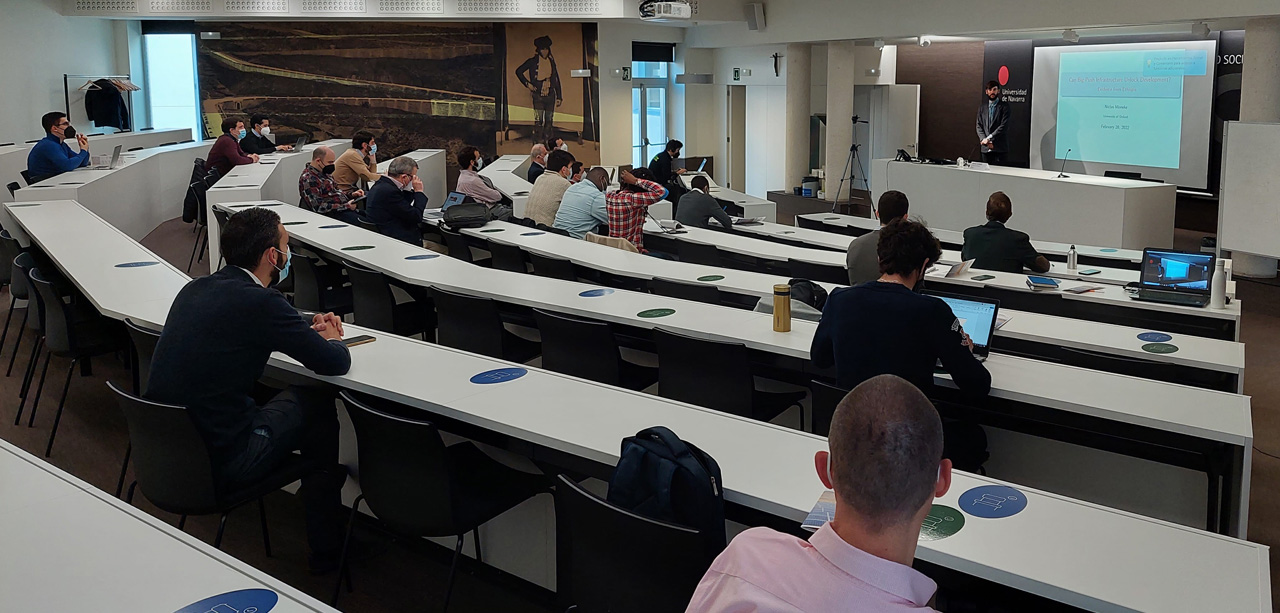Energy and Environmental Issues in Developing Countries

28 | 02 | 2022
The NCID Workshop on Energy and Environmental Issues in Developing Countries brought together on 28th February experts in the area that will give their expertise vision on this issue.
As of 2021, around 800 million people across the developing world lack access to electricity. Even though enabling universal access to electricity by 2030 is the UN's Sustainable Development Goal #7, and despite the efforts of many institutions, NGOs, and private parties to reduce energy poverty, achieving this goal remains a costly challenge. Moreover, traditional methods of electricity generation often involve the use of fossil fuels which contribute to climate change.
The goal of this workshop is to discuss the perspectives of increasing energy access in the developing world while promoting technologies that are affordable and environmentally friendly. Presenters will discuss issues related to identifying least-cost solutions and the evaluation of the effectiveness of the different infrastructure options, as the key ingredients to optimally allocate public and private investment and financial aid, with the ultimate goal of promoting access to reliable, affordable and sustainable energy in developing countries. With empirical evaluation, research on energy in the developing world wants to promote universal and sustainable access to electrification.
In the workshop, organized by the NCID researcher Raúl Bajo, there were presentations by four international experts, in addition to Bajo: Niclas Moneke (University of Oxford), Jevgenijs Steinbuks (World Bank), Jacopo Bonan (Politecnico di Milano) and Carlo Andrea Bollino (University of Perugia). The speakers presented papers on solar panel markets or solutions to electrification from experiences in countries like Ethiopia, Tanzania, Brazil or Pakistan.
As a result, the workshop has gathered experts in different topics and countries but with a common goal: achieve electrification in the developing world and provide universal access to energy as soon as possible.
